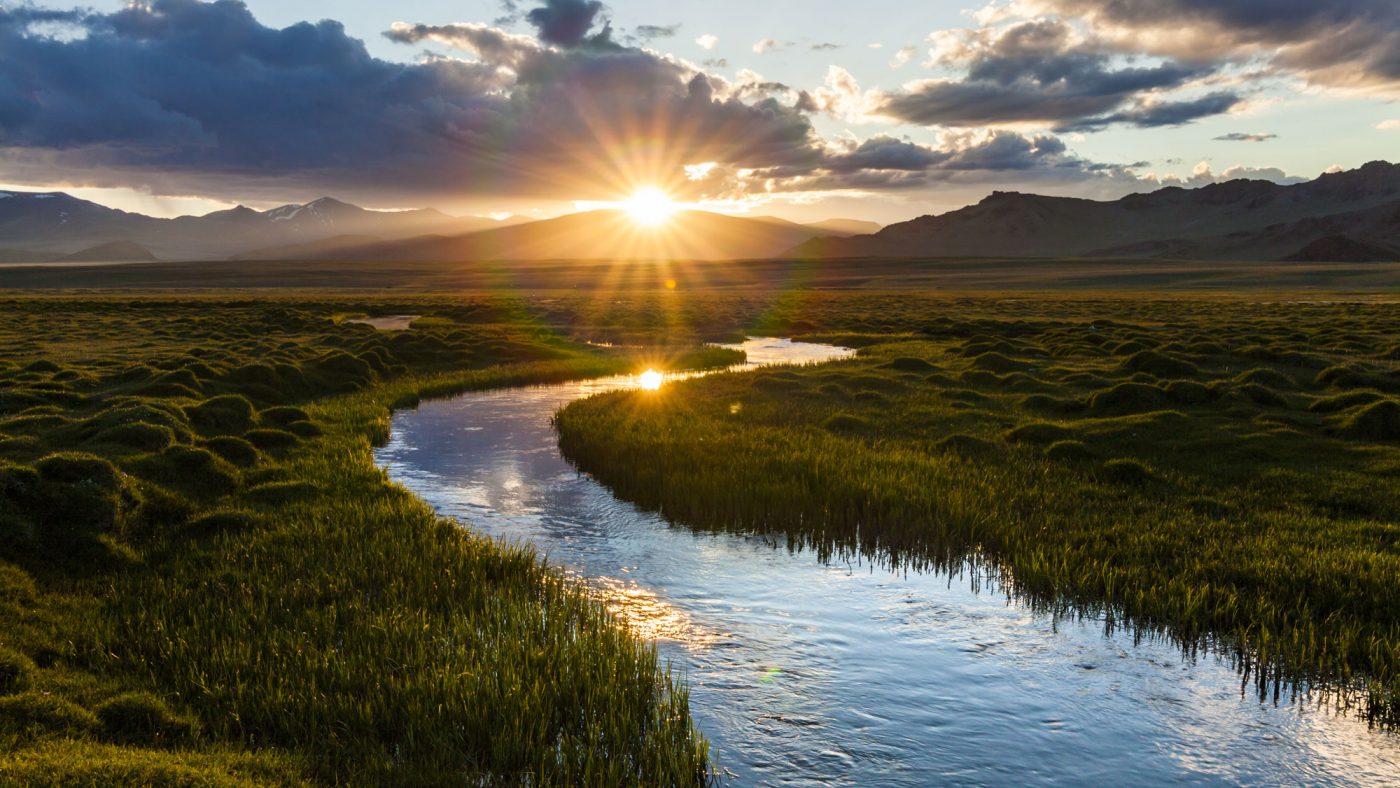What environmental challenges should be taken into account when investing in the great outdoors?
There was a point in 2019 when an online shopping search for camping gear, bicycles, fitness equipment, kayaks/canoes, etc. would have resulted with “In-Stock” and “Add to Cart.” Just a couple of weeks later, amidst a global pandemic lockdown, a similar search would yield…. “Out of Stock,” “Sold Out”, or “Available in six months.” Thankfully, while those days appear to be behind us, based on trends we are seeing in the commercial real estate space, booking trends, and even social media posts, people are still enjoying some of the hobbies they developed or re-discovered during the pandemic. What does that mean for commercial real estate? Increased interest and focus on campgrounds, RV resorts, marinas, and other outdoor recreation properties.
What to Look Out For
With all of our experience in this sector, we have certainly uncovered a fair share of obstacles, concerns and/or impacts. As in most Phase I Environmental Site Assessments (ESAs), historic property use can always be a point of concern. Often, we see campgrounds and RV resorts developed on historical agricultural land. Historical agricultural use can be a concern at all properties, particularly if the land was used for orchards, groves, nurseries, or other operations with known pesticide/herbicide application.
Marinas often include aboveground or underground storage tanks (ASTs and USTs) for watercraft refueling. Campgrounds and particularly RV resorts often include diesel ASTs or USTs for vehicle refueling, propane tanks for RV heating, and heating oil tanks for permanent site structures such as camp stores, cabins, or caretaker homes. At older properties it is not uncommon to identify unregistered tanks or gaps in storage tank history. For a Phase I ESA, we need to close those gaps as best we can to avoid a Phase II assessment. Typically, older tank systems, even if registered, will have limited information pertaining to the removal or closure of the tank(s). Beyond just reported closure, it is important to have the documented soil and groundwater closure sampling data, especially for USTs. At these types of properties, it is also common to see ASTs without secondary containment, which in such beautiful locations, can be scary to think about a sudden release. Moreover, our Limited Compliance Reviews often identify properties which are required to, but don’t have SPCC Plans. VERTEX routinely completes SPCC plans on behalf of our clients. We will even take the time to train the site staff on its requirements. SPCC Plans are important to have at sites with large quantities of petroleum storage, and many states even offer monetary incentives!
Potential Environmental Challenges
Hazardous substances and petroleum products are key buzzwords of the Phase I ESA. At campgrounds and RV parks we see various maintenance products, gasoline for landscaping equipment, and cleaning chemicals. Due to the limited infrastructure of many campgrounds, it is not uncommon to see these products stored outside and without secondary containment. Marinas often include boat repair/service operations. These typically sub-leased spaces can contain their own laundry list of hazardous substances and petroleum products. Concerns have arisen at older service shops, which have included in-ground hydraulic lifts, drains without oil/water separators, and poor housekeeping.
Part of the draw to outdoor recreation facilities can often be their secluded location, off the beaten path. As in many remote areas, these properties typically utilize private well and septic systems. Unfortunately, we have seen land purchase deals fall through as a result of the presence of these systems. Depending on historical property use or use of surrounding properties, impacts to these systems are unfortunately not as rare as you would hope. Potable well sampling events in seemingly remote locations have yielded various chlorinated compounds, metals such as arsenic, and per- and polyfluorinated substances (PFAS). While the narrative is changing daily, we are seeing increased focus on PFAS, which seems to be in many unexpected places, including mosquito spraying operations, which are not uncommon at campground sites.
With older properties, those permanent structures often have asbestos containing materials (ACMs) or lead based paint (LBP). Prior to any renovation or demolition activities, these are important items to consider and sample for. Microbial growth is often found at campground bathhouses, which often are poorly ventilated; and at marinas, which can often be in humid coastal locations.
As the rush to the great outdoors continues, these outdoor recreation properties are increasingly attractive to both visitors and investors. While some of the concerns we have identified certainly should not deter interest, they should serve as a point of caution and a reminder of the importance of the due diligence process. Fortunately with VERTEX on your side, there is not much we cant overcome together!
VERTEX’s Comprehensive Environmental Services
VERTEX has significant experience in assessing campgrounds, RV resorts, and marinas, which allows us to focus on the unique issues associated with each. VERTEX has assisted clients both in the sale/acquisition of these types of properties, as well as in general off-market assessments.
Amongst our services in this sector, some of the more popular include:
- Phase I ESAs
- Potable Well Water Testing
- Limited Compliance Reviews
- Spill Prevention, Control, and Countermeasures (SPCC) Plans
- Phase II Limited Subsurface Investigations
- Environmental Remediation
- Property Condition Assessments
- Indoor Air Quality Assessments
- Construction Management Services
- Environmental, Social, and Corporate Governance (ESG) Assessments
We have also developed a network of contractors who assist with Land Title Surveys, Bathymetric Surveys, Underwater Dock Assessments, Septic System Inspections, and Storage Tank Inspections.
To learn more about VERTEX’s Environmental services and how they can help navigate these complexities contact our experts at 888.298.5162 or submit an inquiry. VERTEX ensures timely and cost-effective completion of necessary work, combining insurance industry knowledge with technical expertise in environmental, engineering, and construction.




